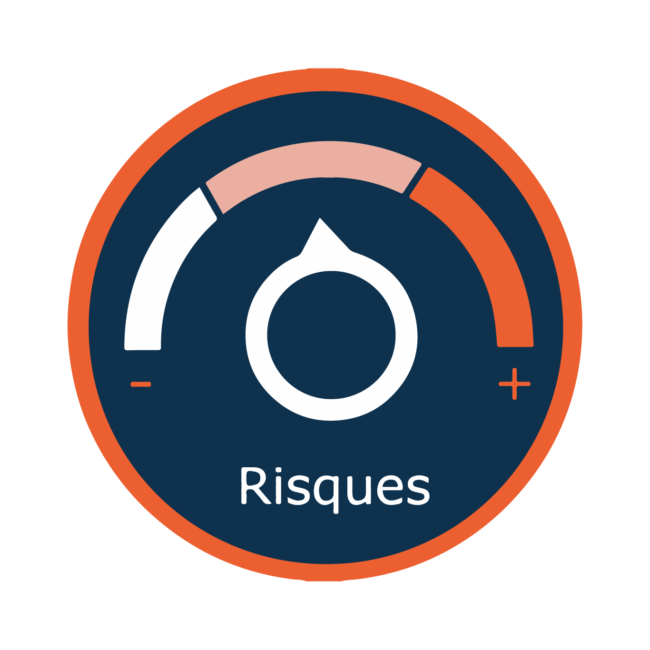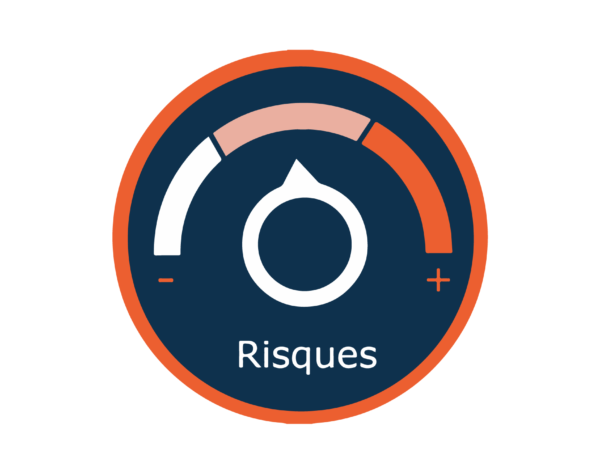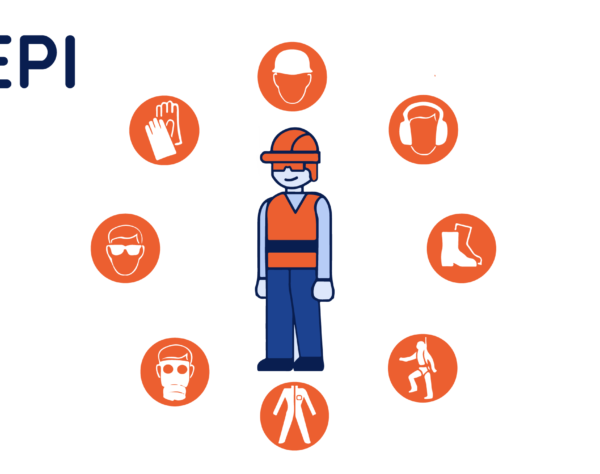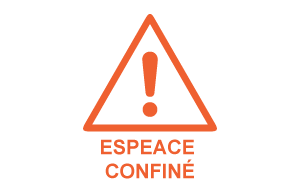Les accidents électrique en entreprise
Les risques liés à l’électricité en entreprise
Les risques lié à l’électricité sont une cause fréquente d’incendies et de blessures. Voici quelques conseil pour éviter les accidents électriques en entreprise :
1. La plupart des incendies commencent par une étincelle ou un arc électrique, qui peut être causé par un câblage électrique, des appareils, des outils ou des chauffages. Le câblage électrique est la principale cause de la plupart des incendies dans les bâtiments occupés.
2. Vous devriez avoir un extincteur à portée de main au cas où quelque chose ne fonctionnerait pas et qu’un risque électrique se déclenche.
3. Vous devez également placer votre détecteur de fumée près de l’endroit où se trouve le danger électrique afin qu’il puisse détecter le feu rapidement et vous alerter avant qu’il ne devienne incontrôlable. La CARSAT propose quelques conseils de sécurité importants que vous devez suivre si vous voulez rester en sécurité autour des risques électriques :
-N’utilisez pas de rallonges électriques, sauf si elles sont spécifiquement conçues pour vos besoins.
-Ne surchargez pas les prises de courant
-Sachez comment utiliser correctement votre bandeau de prises de courant.
-Installez des disjoncteurs et des disjoncteurs de fuite à la terre dans chaque circuit.
Qu’est-ce qu’un risque électrique ?
Un risque électrique est tout ce qui peut déclencher un incendie, y compris l’électricité, les équipements avec des cordons électriques et les outils électriques.
Voici quelques moyens d’éviter un risque électrique :
-Ayez un extincteur à proximité.
-Placez votre détecteur de fumée près du danger afin qu’il puisse détecter le feu rapidement et vous alerter avant qu’il ne devienne incontrôlable.
-N’utilisez pas de rallonges électriques, sauf si elles sont spécifiquement conçues pour vos besoins.
-Sachez comment utiliser correctement votre bande de prise de courant.
Comment prévenir un risque électrique ?
Vous devez toujours prendre les mesures nécessaires pour éviter les risques électriques. Voici quelques conseils :
-Gardez les piles et les produits chimiques loin de votre chauffe-eau et de votre cuisinière.
-Ne surchargez pas les prises de courant.
-Installez des disjoncteurs et des disjoncteurs de fuite à la terre sur chaque circuit.
Assurez-vous d’avoir un extincteur à portée de main en cas de problème.
-Vérifiez régulièrement que les cordons électriques ne sont pas endommagés ou effilochés.
Quand faut-il appeler le 911 ?
Premièrement appelez immédiatement le 18 même si vous n’êtes pas sûr que le problème mette votre vie en danger. Si vous sentez de la fumée appelez le 18 et laissez-les décider.
Comment identifier un danger et un risque électrique ?
Le premier symptôme de danger électrique est le bruit d’un arc électrique. Si vous entendez ce bruit, cela signifie qu’il y a une étincelle dans le câblage électrique, ce qui peut entraîner un incendie ou une électrocution.
Les autres symptômes sont les suivants :
-Une fumée noire s’échappant de n’importe quelle partie de votre maison ou de votre entreprise.
-Une odeur d’isolant brûlé (comme une odeur de plastique).
Les causes les plus courantes des incendies et des blessures d’origine électrique.
La plupart des accidents électriques se produisent lors de l’utilisation d’appareils, d’outils et de chauffages. La plupart des incendies se déclenchent à partir d’une étincelle ou d’un arc électrique, qui peut être causé par le câblage électrique, les appareils, les outils ou les chauffages. Le câblage électrique est la principale cause de la plupart des incendies dans les bâtiments occupés.
2. La CARSAT propose des conseils de sécurité importants que vous devez suivre si vous voulez rester en sécurité autour des risques électriques :
-N’utilisez pas de rallonges électriques, sauf si elles sont spécifiquement conçues pour vos besoins.
-Ne surchargez pas les prises de courant
-Sachez comment utiliser correctement votre bandeau de prises.
Comment puis-je savoir si un risque électrique a été déclenché dans mon entreprise ?
Lorsqu’un feu est allumé, de la fumée et du monoxyde de carbone emplissent généralement l’air. Si vous détectez une forte odeur de brûlé ou si vous voyez de la fumée noire ou grise s’échapper d’une prise, c’est le signe d’un risque électrique possible.
Si vous pouvez voir des étincelles ou des arcs électriques provenant de la prise ou si vos appareils font des étincelles, il est temps d’appeler les pompiers.
Quelques conseils de sécurité importants pour éviter les accidents électrique en entreprise.
En conclusion les risques électriques sont une cause fréquente d’incendies et de blessures. Voici quelques raisons pour lesquelles vous devez connaître les risques électriques :
1. La plupart des incendies commencent par une étincelle ou un arc électrique, qui peut être causé par un câblage électrique, des appareils, des outils ou des chauffages.
2. Vous devez avoir un extincteur à portée de main au cas où un problème surviendrait et qu’un risque électrique serait déclenché.
3. Vous devez également placer votre détecteur de fumée près du risque électrique afin qu’il puisse détecter le feu rapidement et vous alerter avant qu’il ne devienne incontrôlable. La CARSAT propose quelques conseils de sécurité importants que vous devez suivre si vous voulez rester en sécurité à proximité des risques électriques :
-N’utilisez pas de rallonges électriques, sauf si elles sont spécifiquement conçues pour vos besoins.
-Ne surchargez pas les prises de courant
-Sachez comment utiliser correctement votre bandeau de prises.
-Installez des disjoncteurs et des disjoncteurs de fuite à la terre sur chaque circuit.
Liens utiles
Découvrez notre logiciel de plans de prévention !






